A Ph.D. in civil engineering is a doctorate program that offers an advanced degree. The requirements for a Ph.D. include a thesis or dissertation, qualifying examination, and a minor field of study. In addition, students must successfully complete a dissertation in order to earn a Ph.D. The dissertation must display original research, technical expertise, and creativity. A graduate with a Ph.D. in civil engineering should pursue a career in the field of environmental engineering.
A doctoral degree in civil engineering requires 24 hours of course work beyond a Masters's Degree. A student must first register as a post-MS student until he or she passes the Qualifying Examination, and then becomes a Ph.D. candidate. To complete the program, students must pass the Candidacy Examination and write an original research project. The dissertation must be defended before a committee.
Ph.D. in civil engineering Eligibility:
Candidates who want to take admission in Ph.D. must have a post-graduate degree in civil engineering with at least 55% marks from a recognized university and must have passed the national level entrance examination or university level entrance examination. National level entrance exams like UGC NET / UGC CSIR NET / GATE / SLET or University entrance exam consisting of written tests and personal interviews.
The Benefits of Ph.D. in Civil Engineering
Ph.D. in civil engineering is a prestigious degree that opens doors to a number of professional opportunities. Ph.D. in civil engineering students can work with emerging technology and industrial partners to advance their research. They can also develop innovative solutions to complex technical problems that have a direct impact on society. Typical civil engineering research projects range from evaluating engineering codes to developing computational models of flood events. These projects are relevant to the real world and provide students with hands-on experience. A Ph.D. in civil or environmental engineering allows students to operate in interdisciplinary research and work with university and industry partners.
A Ph.D. in civil engineering will require the student to complete a thesis that is based on original research and defends the findings in a public oral examination. The coursework required for a Ph.D. is rigorous and prepares the student for high-level thinking, independent research, and practice. Core courses are required for the first two years of graduate study.
A Ph.D. in civil engineering opens the door to a variety of career options. With its wide range of applications, civil engineers have the flexibility to transfer their skills to different industries. They can enter finance, consulting, and engineering research.
The benefits of a Ph.D. in civil engineering are immense. A Ph.D. in civil engineering opens up a world of possibilities in many different industries. With a Ph.D. in civil engineering, a Civil Engineer can work in engineering research and consultancy. After earning their degree, they can go on to pursue a career in academia, industry, or research. However, their skills are transferable to many different fields.
Most Ph. Ds in civil engineering are funded by GRA/GTAs. As a result, the benefits of a Ph.D. in civil engineering are endless. They can work in various sectors, including construction, transportation, and energy.
Career and job opportunities and future scope of Ph.D. in Civil Engineering
Ph.D. students can pursue careers in academia or industry. The Ph.D. program entails a comprehensive qualifying examination.
As a Ph.D. student, you will receive the most advanced education in civil engineering. You will be prepared for a senior management position, a leadership position in research, or a teaching position in higher education.
A Ph.D. in civil engineering will give you the tools to advance your research. You can choose from a variety of jobs. You can be a researcher, a teacher, or an executive in the engineering field. You'll have many opportunities to explore and develop your field. After completing the program, you can seek a professorship or other position in higher education.
There are many different options for pursuing a Ph.D. in civil engineering. The career options are limitless, and you can even pursue an advanced career in the field. It's up to you which one you choose to pursue. Just make sure that you choose a program that suits your professional goals. When you have finished your Ph.D., you'll be able to make the best decisions for your future.
A Ph.D. in civil engineering can lead to a senior management position, a research leader, or a professor in higher education. It is not uncommon to have a Ph.D. in civil engineering, and it's one of the most sought-after degrees in the field. A Ph.D. in civil engineering can be used to create new technologies and improve existing structures. If you're passionate about the field of civil engineers, a Ph.D. will allow you to make a difference in the industry.
After earning your Ph.D. you can pursue a wide range of opportunities. Whether you're looking to work in government or in industry, a Ph.D. in civil engineering will give you the skills to succeed.
Getting a Ph.D. in civil engineering opens the door to many varied career opportunities. These graduates can work in research, teaching, and senior management. They can also find positions in higher education.
A Ph.D. in civil engineering will allow a student to pursue a wide range of careers. Some graduate degrees in civil-engineering require a bachelor's degree, while others require a master's degree.
Ph.D. Research Programme duration
The Ph.D. civil Engineering course is a minimum of 3 years and a maximum of 5 duration. This depends on the university offering the course.
Fees for research program for Civil Engineering
The average fee for Ph.D. Civil Engineering degree is between INR 50000 and INR 500000.
 5 Years
5 Years
 PhD
PhD
 Research
Research









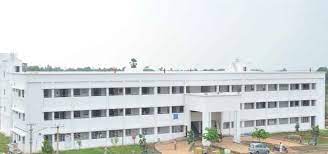
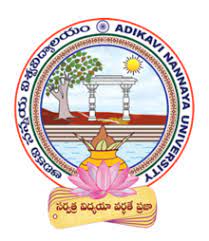

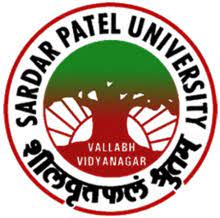
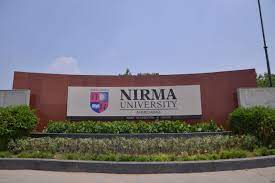

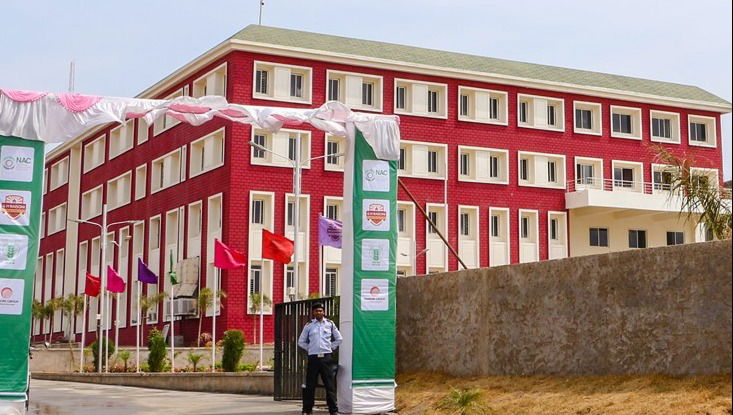

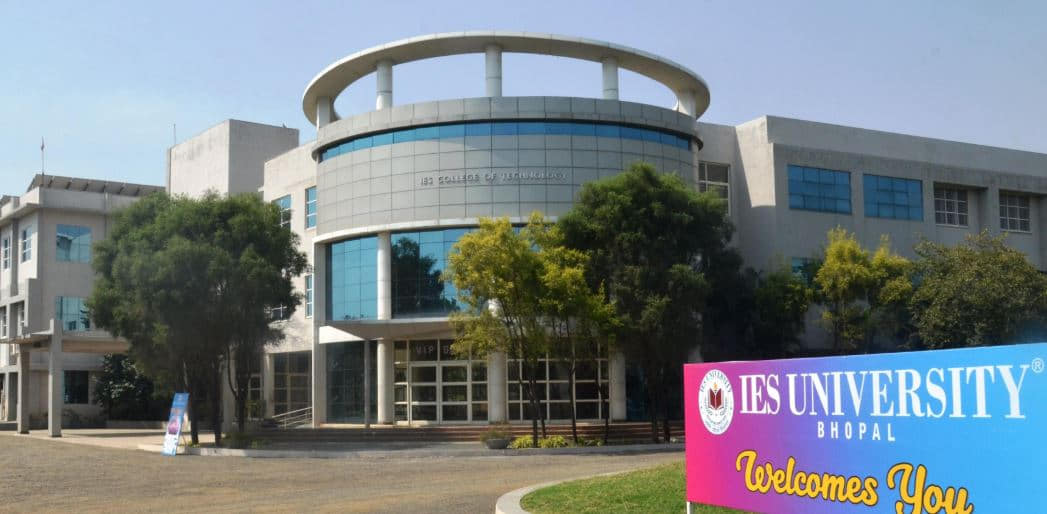

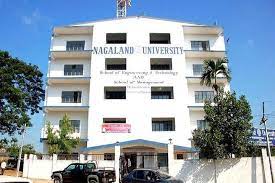

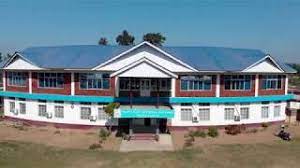

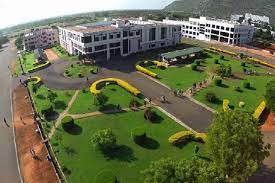

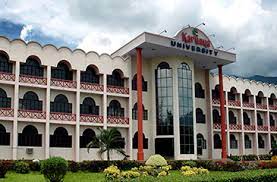
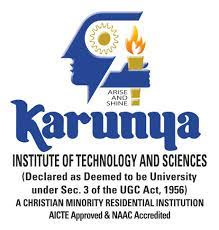






 back
back